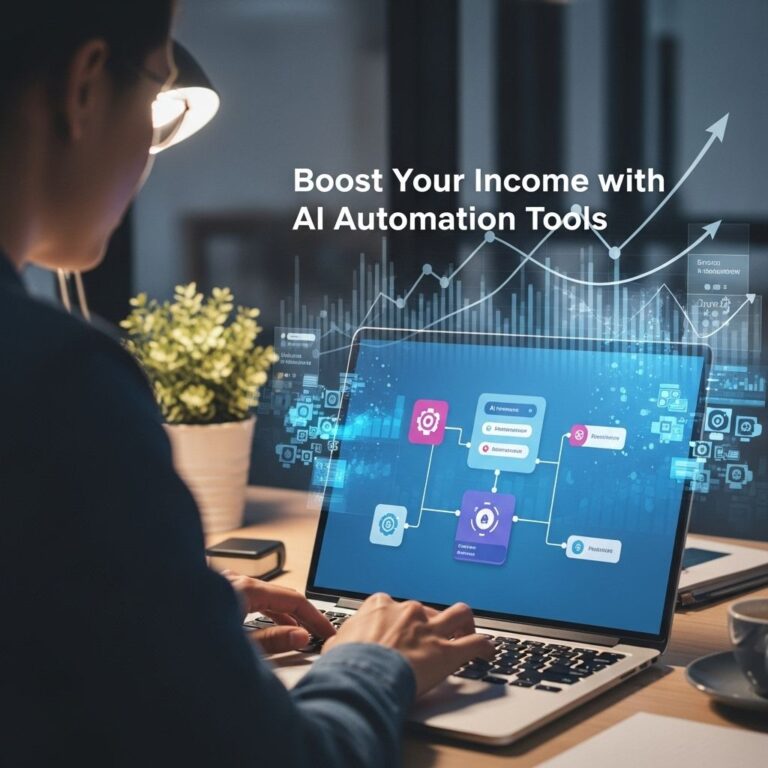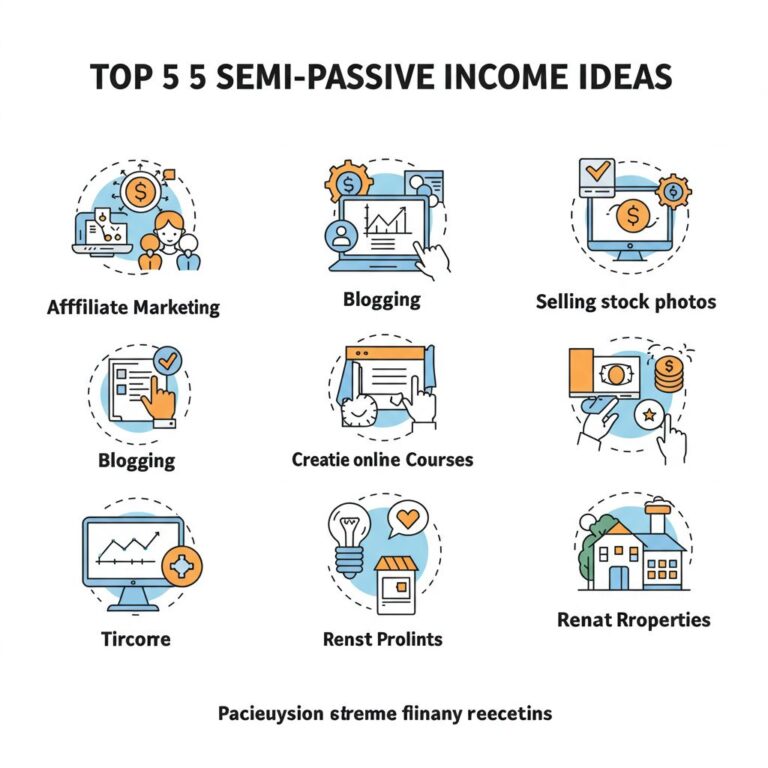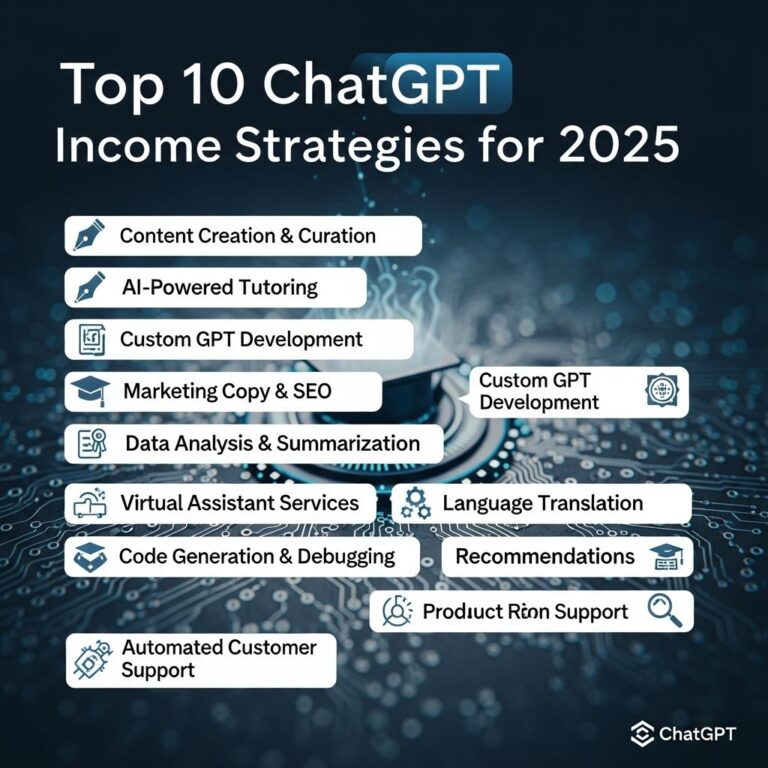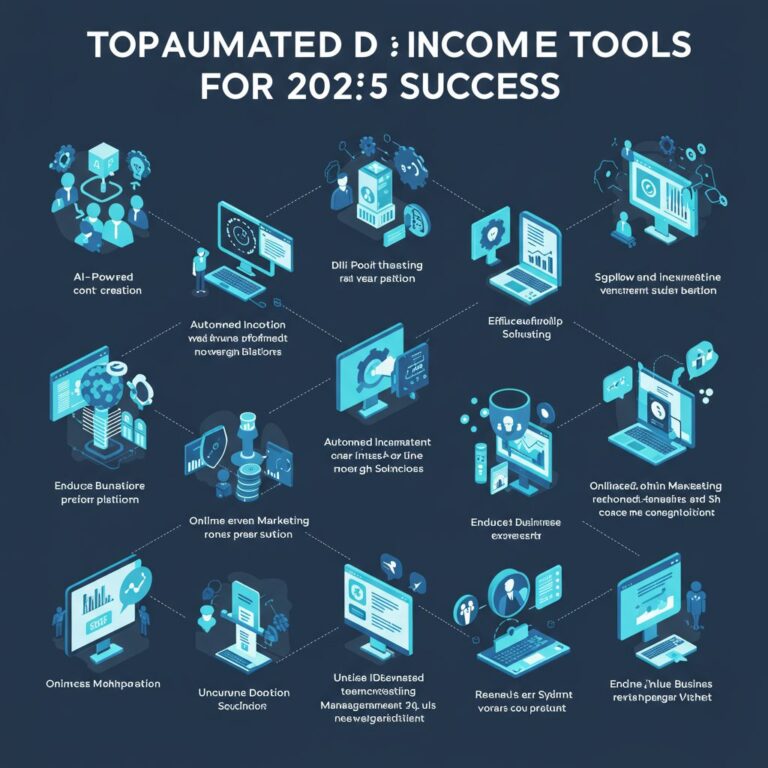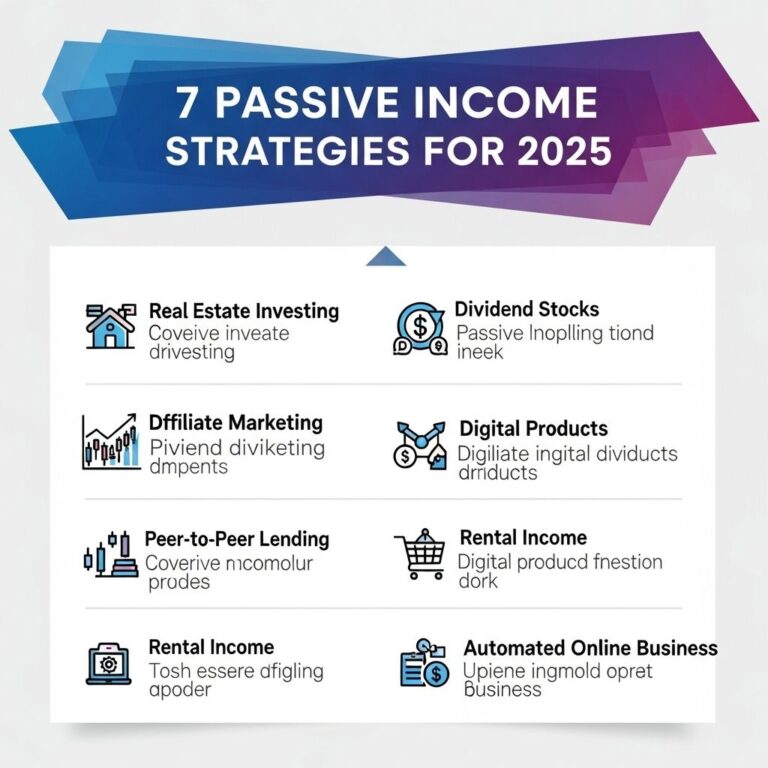In the rapidly evolving digital landscape, artificial intelligence (AI) has emerged as a revolutionary force, fundamentally altering how we approach business and financial strategies. The potential to automate earnings through AI isn’t just a trend; it’s quickly becoming a necessity for businesses aiming to stay competitive. In this article, we will explore the various methods and technologies that can be employed to leverage AI for automated income generation.
Table of Contents
Understanding AI and Its Applications in Finance
Artificial intelligence encompasses a broad range of technologies, including machine learning, natural language processing, and data analytics. These technologies can analyze vast amounts of data, identify patterns, and make predictions, providing insights that can lead to informed financial decisions. Here’s how AI can be applied in the finance sector:
1. Algorithmic Trading
Algorithmic trading utilizes complex algorithms to analyze market data and execute trades at optimal times. The benefits include:
- Speed: Execution of trades in milliseconds.
- Reduced Human Error: Eliminates emotional trading decisions.
- 24/7 Operation: Trades can occur around the clock.
2. Risk Management
AI can evaluate risks by analyzing vast datasets to gauge market volatility. This is crucial for investment strategies and can enhance overall decision-making processes.
3. Customer Insights and Personalized Services
With AI, businesses can analyze customer behavior and preferences, allowing for personalized services and targeted marketing strategies. This direct engagement can significantly increase revenue streams.
Steps to Automate Earnings Using AI
To effectively automate earnings with AI, businesses should follow a structured approach. Here are the key steps:
Step 1: Identify Opportunities
Evaluate which aspects of your business can benefit from AI automation. Common areas include:
- Customer service chatbots
- Sales forecasting
- Inventory management
Step 2: Invest in the Right Tools
Various AI tools are available that can facilitate the automation process. Consider the following:
| Tool | Description | Use Case |
|---|---|---|
| TensorFlow | An open-source platform for machine learning | Building custom models for market predictions |
| Tableau | A powerful data visualization tool | Visualizing customer data for insights |
| Chatbot Platforms | Software to create customer interaction bots | Automating customer service inquiries |
Step 3: Implement and Monitor
Once the appropriate tools are in place, initiate the implementation. It’s crucial to monitor performance metrics and make adjustments as necessary. Key performance indicators (KPIs) to track include:
- Return on Investment (ROI)
- Customer Satisfaction Scores
- Conversion Rates
Leveraging Machine Learning and Data Analytics
Machine learning (ML) is a subset of AI focused on the development of systems that can learn from data and improve over time. Leveraging ML can enhance automated earning strategies significantly. Here are some applications:
Predictive Analytics
By employing predictive analytics, businesses can forecast trends based on historical data. This allows companies to allocate resources more efficiently and anticipate market shifts.
Dynamic Pricing Strategies
AI can analyze market conditions and competitor pricing in real-time to adjust prices dynamically. This maximizes profit margins while remaining competitive.
Integrating AI with Existing Business Models
Integrating AI solutions into existing business models can seem daunting, but with a planned approach, it can lead to significant improvements in efficiency and profitability. Consider these strategies:
Automation of Repetitive Tasks
Identify tasks that are repetitive and time-consuming, and explore AI tools that can automate these. Commonly automated tasks include:
- Data entry
- Report generation
- Email responses
Enhancing Human Decision-Making
AI should not replace human intelligence but rather enhance it. Utilizing AI as a decision-support tool can lead to better outcomes. For example, AI can provide data-driven insights that humans can use to make more informed decisions.
Challenges to Consider
While the opportunities presented by AI are vast, businesses should also be aware of the challenges involved in automating earnings:
Data Privacy and Security
With the use of AI comes the responsibility of safeguarding sensitive data. Ensure compliance with regulations such as GDPR.
High Initial Costs
The investment in AI technology and training can be significant. Businesses must weigh the long-term benefits against the upfront costs.
The Future of AI in Automating Earnings
The future of AI in automating earnings looks promising as advancements in technology continue. As AI capabilities expand, we can expect more sophisticated tools that will enable even more precise automated decisions. Businesses that stay ahead of the curve by adopting these technologies will likely reap the most significant rewards.
In conclusion, automating earnings with AI is not just an option but a strategic imperative for businesses seeking to thrive in an increasingly competitive environment. By understanding AI’s potential, implementing effective strategies, and staying vigilant about challenges, organizations can harness the power of AI to optimize their earnings effectively.
FAQ
What are the best AI tools for automating earnings?
Some of the best AI tools for automating earnings include automated trading platforms, AI-driven content creation tools, and customer service chatbots.
Can AI help in optimizing online businesses for better earnings?
Yes, AI can analyze consumer behavior, optimize pricing strategies, and enhance marketing efforts to boost online business earnings.
Is it possible to automate investment strategies using AI?
Absolutely, AI can be used to develop and implement automated investment strategies by analyzing market trends and making trades in real-time.
How do I start using AI to automate my earnings?
You can start by identifying repetitive tasks in your business and exploring AI tools that can handle these tasks, such as automated reporting or lead generation.
What are the risks associated with using AI for automated earnings?
Risks include market volatility, reliance on technology, and potential biases in AI algorithms that could affect decision-making.
Can small businesses benefit from AI automation for earnings?
Yes, small businesses can leverage AI automation to streamline operations, enhance customer experience, and ultimately increase earnings.


